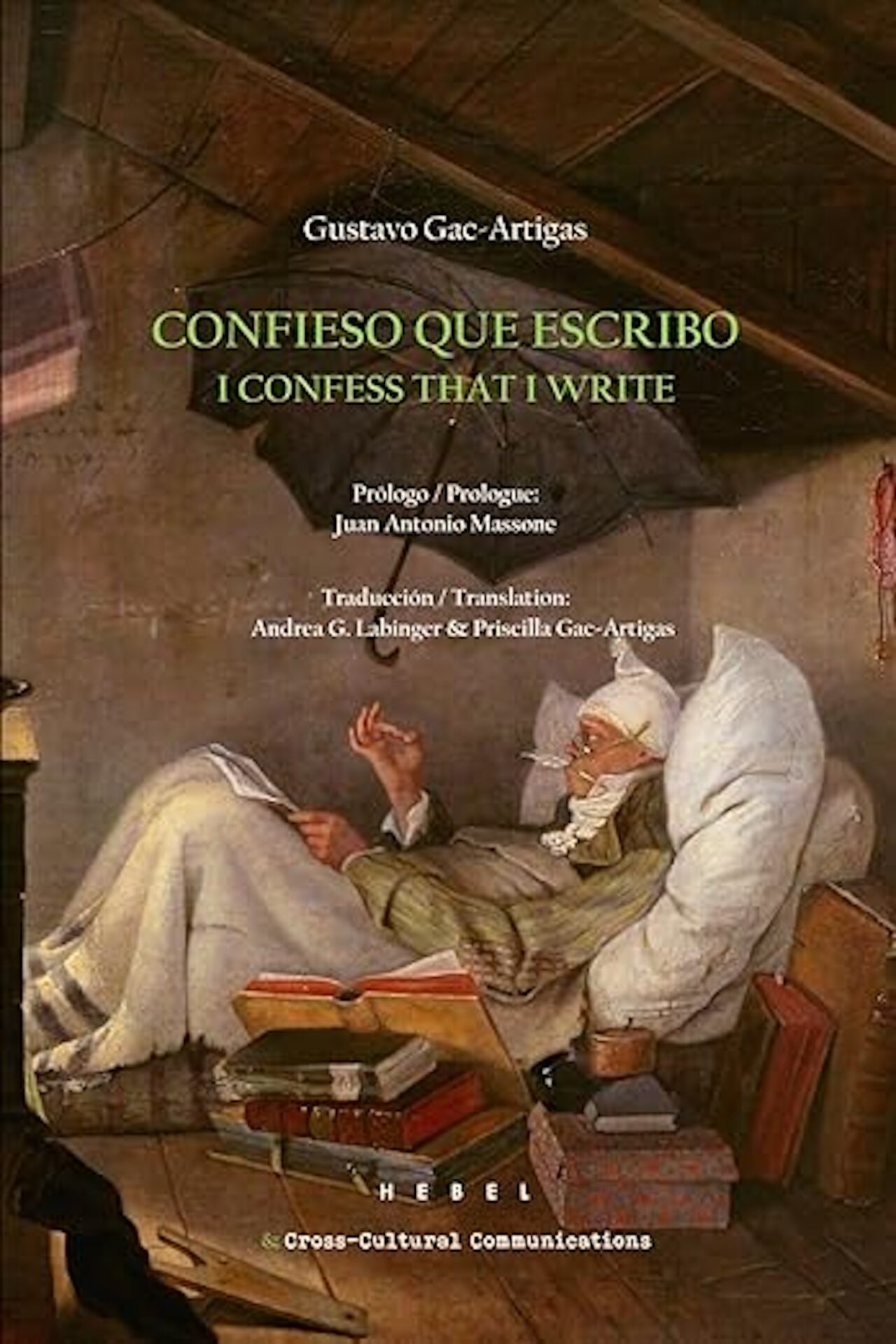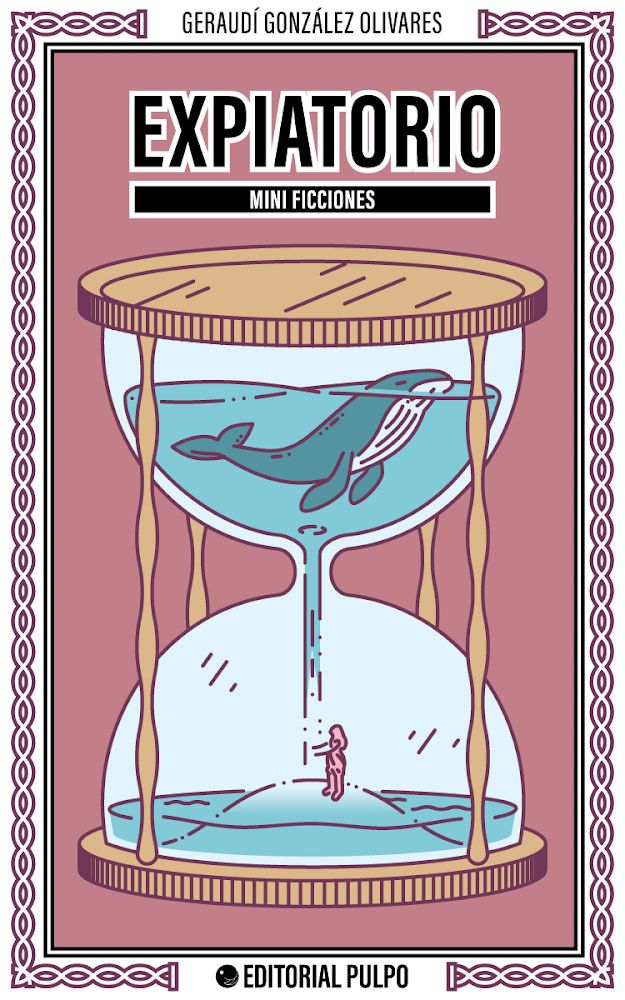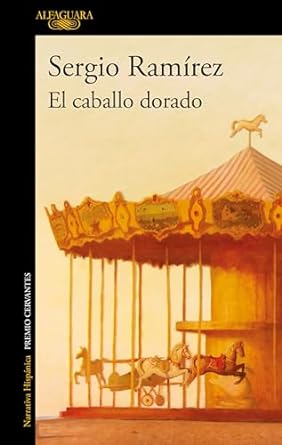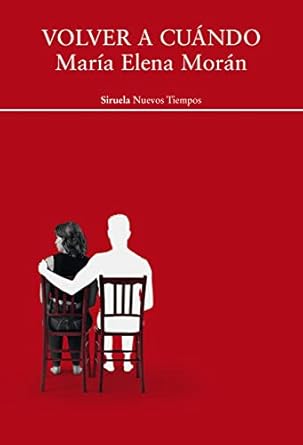LP5 editora. 2022. 80 pages.
 There are books that are mere time fillers. That we consume and forget like a snack to satiate our midday hunger. There are also books that require us to approach them with care, because they will leave traces and will not leave our mind when we have finished reading them. Los regalos y las despedidas by Ricardo Montiel (a poet, prosist, musician, and architect born in Maracaibo, Venezuela in 1982) is one of those books.
There are books that are mere time fillers. That we consume and forget like a snack to satiate our midday hunger. There are also books that require us to approach them with care, because they will leave traces and will not leave our mind when we have finished reading them. Los regalos y las despedidas by Ricardo Montiel (a poet, prosist, musician, and architect born in Maracaibo, Venezuela in 1982) is one of those books.
In the prologue that introduces the work, Norberto José Olivar emphasizes identity as a principal motif, as an issue that always returns for the most bizarre of reasons, redefining and renaming us, grounding us in what we believe or want to be. Thus, it highlights that in order to find yourself you must look within what scares you.
That is exactly what Ricardo Montiel does in the five stories that make up this volume. The author takes us to the past, to that moment when we begin to leave childhood and must face a world we no longer comprehend. In these stories, family has stopped being a refuge and is presented as a fragile and scattered structure, almost like the first obstacle in overcoming one’s personal fight against the world. It is in this home that is no longer home (or perhaps it is, but not in the way we used to believe) where the author makes us relive the eternal intergenerational clash, that collision between the preadolescent and adult worlds which does nothing but remind us that, in reality, they are not as different as we might have thought. That they share dreams and disappointments and often run into the same walls.
Perhaps it follows that, as these texts suggest, we have never stopped being children. Perhaps we have never stopped being afraid, and the step into adolescence is the first discovery that we will never be better than those who came before us.
Thus, either as a rejection of ourselves, an expression of rage, or simply a possible reaction facing the elliptical deception to which we seem to be condemned, we return to the desire to break the rules, to oppose the established order, to rebel while we tirelessly seek to find a place to be understood, to feel a sense of safety and belonging.
However, we should not fall into the trap of thinking this is a sad or sentimental book. Ricardo Montiel weaves together the disappointments of Los regalos y las despedidas with an intimate and poetic voice, symbolic without being so, capable of taking us to that time when we, the readers, were lost as well. But it is also a comprehensive voice that carefully recalls the child we once were and reprieves the adult ego who betrayed their dreams.
Perhaps this is a book that helps us to see within ourselves, that helps us to understand those parts of ourselves that, like the remnants of our dreams upon waking up, escape us, or that confine us to smile with sorrow or nostalgia. Without a doubt, this is a work to keep in mind, one of those jewels to which, in one way or another, we always return.







